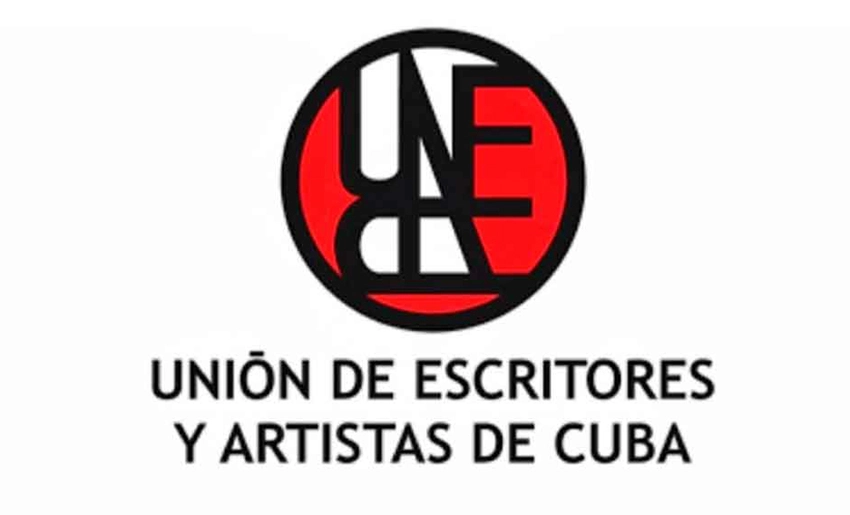The Union of Writers and Artists of Cuba (UNEAC) celebrates its 64th anniversary today. Dedicated to its founding principles and values, to the most genuine expressions of art and culture in the country.
The organization constitutes a space for dialogue and convergence, whose founding phase is “inextricably linked to a key moment in Cuba’s cultural history: the famous Address to Intellectuals delivered by Fidel Castro in June 1961. At the National Library,” said Yuris Nórido, journalist and vice president of UNEAC, in an interview with Prensa Latina.
At that meeting, he recalled, the foundations were laid for a dialogue between the revolutionary state and creators. Months later, the First Congress of Writers and Artists would take place, where the essential ideas for the creation of an organization that would bring together the most relevant exponents of Cuban culture were consolidated.
On August 22nd, 1961, UNEAC was founded as a space for convergence, coordination, and active participation of artists and intellectuals in the country’s social transformation, he added.
Since its inception, it has assumed the essential mission of defending, promoting, and enriching national culture. With a strong commitment to the ideals of justice, sovereignty, and dignity that inspire the Revolution, he emphasized.
Its objectives “have included the promotion of high-flying artistic and literary creation. The articulation of critical and emancipatory thought, and the preservation of Cuban cultural identity in the face of any attempt at trivialization or symbolic colonization.”
Also UNEAC has established itself as an active interlocutor between creators and institutions. As a bastion of artistic thought and sensibility committed to the Cuban social project.
In recent years, it has reaffirmed its commitment to promoting Cuban culture in all its richness and diversity. Consolidating spaces for reflection and critique on crucial issues such as gender equality, the fight against racism, and the importance of quality arts education.
For thas reason It has been a key player in promoting community culture and defending cultural programming that fosters authentic and educational values, he asserted.
The organization continues to be that bridge between creators and institutions. Faithful to its founding vocation of defending a culture committed to the nation.
However, Nórido warned, significant challenges remain in fully articulating creators’ demands in a context marked by new sensibilities and forms of expression that demand dialogue.
“UNEAC is called upon to play a more active role in the fight against the symbolic colonization imposed by certain hegemonic models. It must listen carefully to demands and proposals within the artistic field.”
The strength of Cuban culture lies precisely in its capacity for dialogue, in its plurality, and in its respect for creative freedom. Always in defense of the country’s cultural sovereignty, he opined.
So as an organization that brings together a significant portion of Cuba’s artistic and intellectual avant-garde, “it plays a strategic role in defending cultural sovereignty in the face of the symbolic war being waged today at the ideological and media levels.”
Futhermore Its work can focus on making visible and promoting the most authentic expressions of national culture. Those born from the interests and feelings of the Cuban people. In the face of colonizing patterns that are often disguised as modernity or freedom of expression, he added.
In that sense, “it can be a platform for in-depth cultural criticism, the analysis of global and local phenomena that affect identity. The promotion of discourses that reaffirm emancipatory, ethical, and aesthetic values.”
Also it can strengthen its ties with educational institutions, the media, and community projects. Fostering a culture of participation, sensitivity, and critical thinking, Nórido considered.
Moreover in his opinion, it can support creators who, with ethics and quality, question the most insidious forms of cultural neocolonialism. “It must help form audiences capable of discerning and appreciating art with its own meaning.”
He asserted that the key is not to respond with dogmas or exclusions, but with creation and intelligence. Moreover with articulation across generations, territories, and disciplines.
In conclusion in times of symbolic war, art and words are essential trenches, and UNEAC can be a mobilizing space that brings together the best of Cuban thought and creation, the organization’s vice president concluded.
With information from Prensa Latina
- Divep Company in Holguin Boosts Industrial Production Plans - 27 de February de 2026
- A Sustainable Approach to Nature Preservation in Holguin - 27 de February de 2026
- Fear in the Heart of Cuba - 27 de February de 2026

